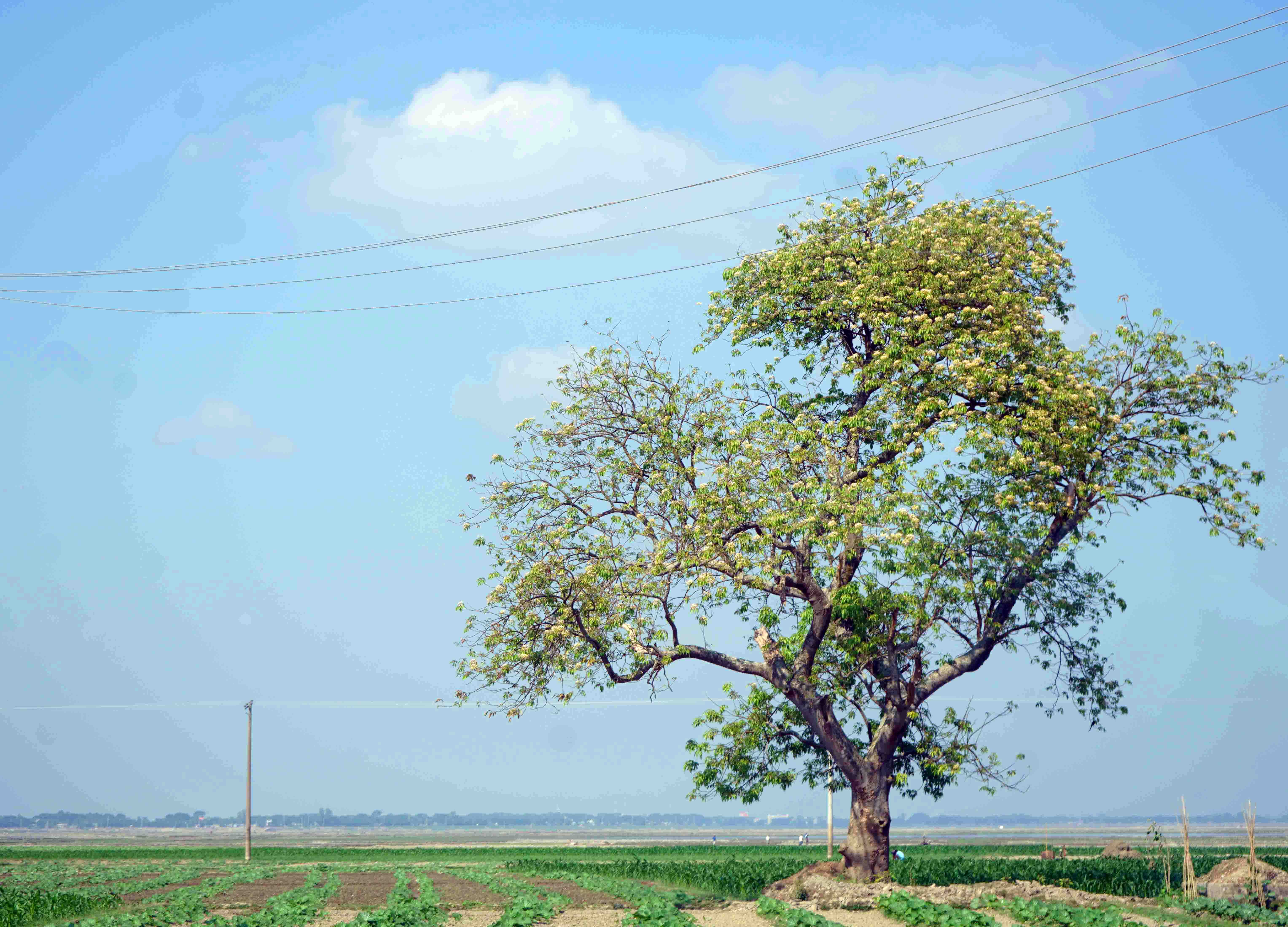Enhancing Community Resilience to Climate Change and Natural Disasters
POPI's programme is dedicated to mitigating the adverse effects of climate change and natural disasters by fostering community awareness and empowering local communities to develop innovative solutions. This proactive approach aims to build greater resilience among communities, enabling them to better withstand and recover from natural calamities. The programme also places a strong emphasis on networking and advocacy to strengthen the overall response to these challenges.
Key Programme Components:
- Community Awareness and Innovation: The programme begins with raising awareness among communities about the impacts of climate change and natural disasters. By empowering local residents with knowledge and tools, the programme encourages them to develop and implement innovative solutions tailored to their specific needs. These community-driven initiatives are essential for building resilience at the grassroots level.
- Networking and Advocacy: Beyond community-level interventions, the programme actively engages in networking with various stakeholders, including government bodies, NGOs, and advocacy groups. This collaboration is vital for creating a coordinated and effective response to climate-related challenges and disasters. Advocacy efforts also aim to influence policy decisions and resource allocation to better address these issues.

